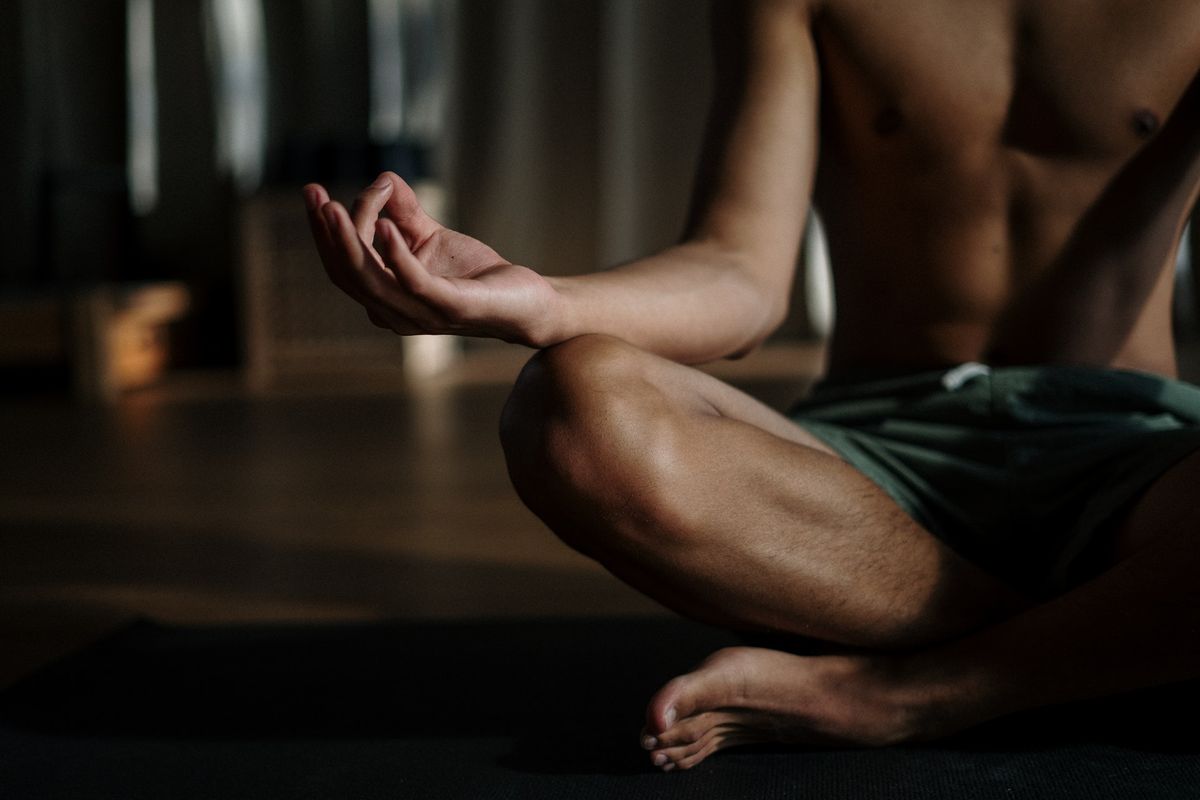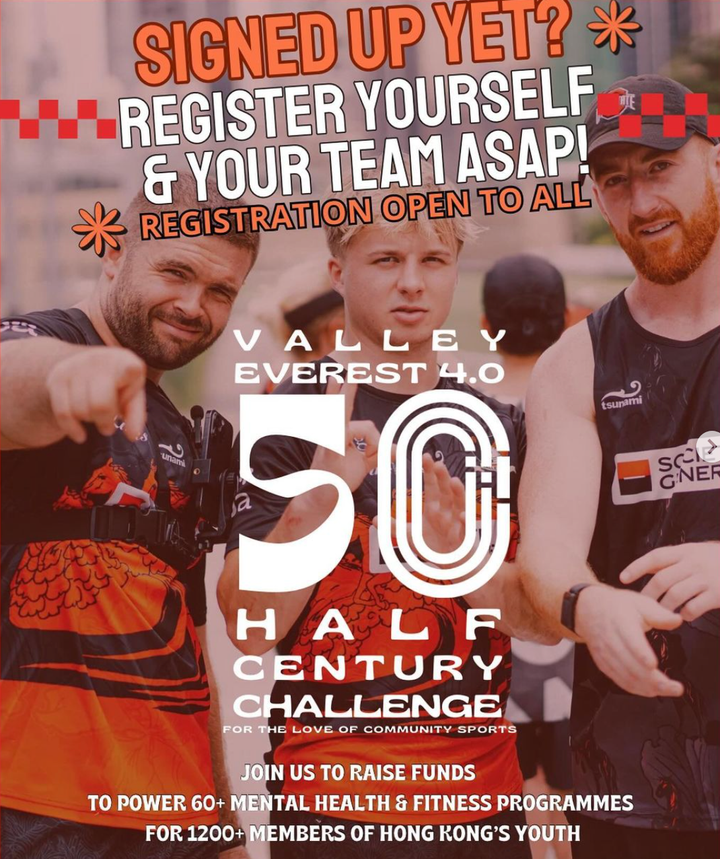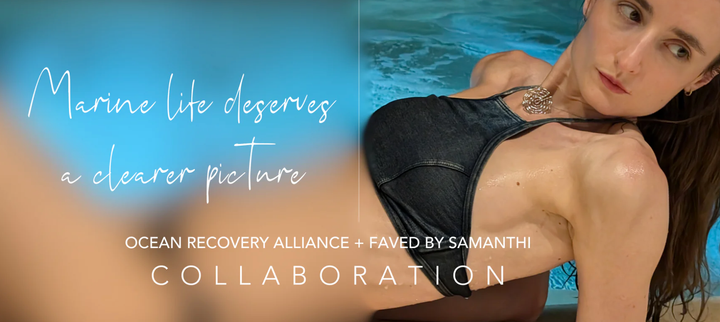How to meditate – getting started with this ancient practice

A few minutes every morning is all you need.
Stay up to date on the world's Headlines and Human Stories. It's fun, it's factual, it's fluff-free.
Meditation has been practiced for centuries by different cultures around the world. Fortunately, it has made its way to a common practice in the modern world, as more and more people praise its benefits. But the incredible effects of meditation isn’t just a tale passed down from generation to generation – it has been studied and proved to reduce stress and positively impact our overall well-being. Read on for some tips on how to meditate, especially for beginners.
Tips for getting started
Get comfortable
Before you start, you want to get comfortable. Successful meditation is almost impossible if you aren’t fully relaxed. Whether you prefer to lay down or sit with your legs crossed, there isn’t a rule on how to position yourself, as the preference varies from person to person. Also, keep in mind that comfort depends not only on the position you’re in but also the temperature of the room or whether the lights are on or off – it totally depends on your liking.
Focus on your breathing
Close your eyes and focus on your breathing. Breathe slowly in and out and notice the air flow. Again, whether you choose to breathe using your nose or mouth is completely up to your comfort.
Tip: There are two ways of breathing – belly breathing and chest breathing. Chest breathing takes a lot of energy, as our shoulders move up and down, causing tension. Try belly breathing instead to help you relax. If you aren’t sure of how to differentiate between the two, place your hand on your belly, and you should feel your belly expand with every breath. Your shoulders should not be rising and the only movement should be from your belly.
Relax your mind
Easier said than done, emptying your mind of thoughts can be a difficult task for most of us. When getting started, it’s going to be almost impossible to control what thoughts dance around your head. This is normal! Instead of forcing them out, just observe, let them pass and refocus on your breathing.
Tip: If you’re having trouble relaxing or focusing, try body scanning. A body scan is when you focus on each body part one at a time, starting from one end (either your head or toes). As you move through each body part, notice if they are tense or relaxed. A lot of the time, we may think we are relaxing our body, but don’t realize that little bit of strain (which can be realized through the body scan).
Try guided meditation
Learning how to meditate on your own can be a bit tricky. When you’re first starting off with mediation, doing a guided meditation can really help ease you into it. With guided meditation, you’ll have someone talking you through the journey and pulling in your focus. There are many apps such as Calm, Headspace and Breethe. YouTube is another good place to find guided meditations that range in length.
Start small
Starting a new habit can be challenging, as it’s easy to fall off track after a couple days. That’s why it’s good to start small so you can ease yourself into it. With time, you can increase the lengths of your meditations. At least 2-10 minutes is a good starting point for any beginner. So, there are no excuses – surely you can spare at least two minutes.
Why meditate?
Calm and reduce stress
Meditation has many benefits for your well-being, so there’s no reason why you shouldn’t start now. One obvious reason for meditating is the calming effect it can have on our body and mind. The time we spend meditating is one time out of the day we can guarantee 100% peace with nothing to distract us. Even if it’s for a short few minutes a day, you’ll notice yourself radiating positivity.
Understand yourself and your mInd
Alone with your mind and body – there is no better way to truly experience yourself. Understanding your mind and being one with your thoughts gives you the chance to decipher the way in which your subconscious works. After consistent meditation, you’ll soon begin to appreciate yourself more and appreciate the complexities of the human mind and body.
Have a tip or story? Get in touch with our reporters at tips@themilsource.com




Comments ()